Meet the Gold Coast Lawyer, award-winning screenwriter & novelist.
Meet the Gold Coast Lawyer, award-winning screenwriter & novelist.
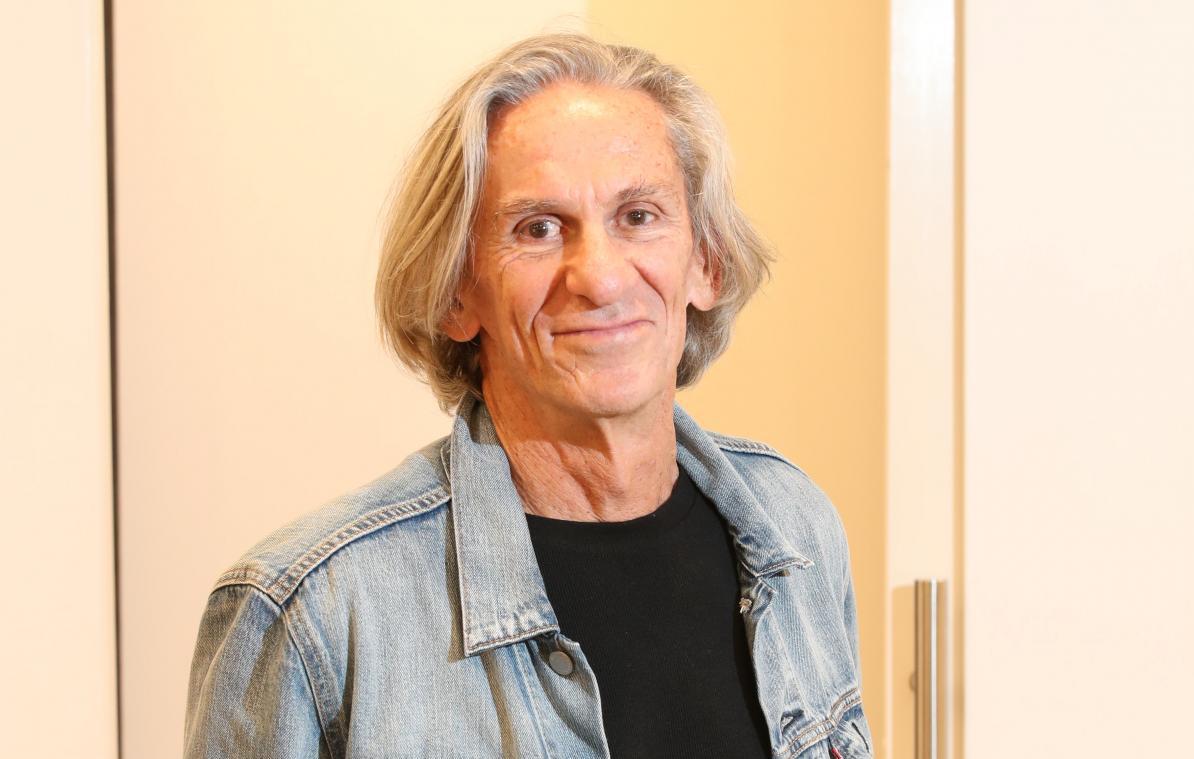
You may recognise the name “Chris Nyst” and rightfully so. This man is a man of many talents. Not only is he a top criminal lawyer who has worked on some of Australia’s highest profile cases (including Brenden Abbott -The Postcard Bandit, Pauline Hanson, serial conman Peter Foster, and Bernard Tomic), but also an award-winning screenwriter and novelist! We got to ask the Gold Coast local a few questions in light of his most recent legal thriller novel, titled “Millen”. Read on to deep dive into his story!
How long have you been a Gold Coast local?
The first time I can remember going to the Gold Coast was probably in the early 1960’s when my family lived on a farm in the Bremer Junction, outside Ipswich. From memory, one of my older brothers was doing a school holiday camp at the Tallebudgera Fitness Camp, so our whole family drove down to drop him off, in my father’s Morris Minor utility. It was a long journey in those days – close to 3 hours, including stops to cool down the overheating car and fill up the radiator with water. After that, we visited the Gold Coast occasionally on school holidays, but not very often. Then, from about 1966, when I was a young teenager at high school in Brisbane, my mother used to bring me and my two brothers to the Gold Coast once a year, for about a week at a time. During that time, I became interested in surfboard riding, and by about 1969, I was totally hooked. By then, my eldest brother, Phil, was at university, and he was also a very keen surfer, so every weekend we used to pack up our father’s VW Combi van and head for the Gold Coast, Byron Bay and points beyond. At that time, I was on two dollars a week pocket money from my parents, so we weren’t exactly living in the lap of luxury on our weekends away, but it was a great adventure nonetheless. It wasn’t until I had almost completed my university studies that I finally became a Gold Coast local. By then, my parents had divorced, and my mother went to live in a unit she owned in Surfers Paradise. That was 1974, a great year for Burleigh Point. I was supposed to be finishing off my final year of law at Queensland University, but I didn’t make a lot of lectures that year. The surf was just too good.
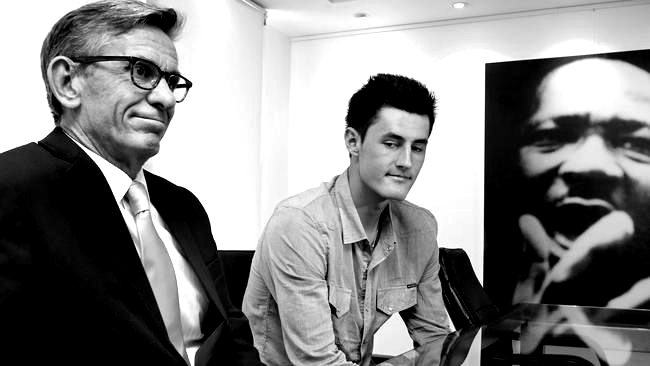
What do you love the most about the Gold Coast?
I suppose I would have to say the surf, because that’s what brought me here in the first place. But there’s so much more I’ve come to love about the Coast. It’s a physically beautiful place, of course, but to me it also has always had a certain vibrancy about it that I think makes it exciting and fun, even all these years later. In the 60’s and 70’s it was very much a kind of “boom town” that attracted chancers and other aspirational people maybe looking to somehow reinvent themselves, or make an easy dollar, or just take off their head and put on a pumpkin. As a destination, it’s always been kind of flash, some might say crass, and even just a little tacky now and then. But, as far as I’m concerned, that was always part of its charm. Ever since the 1960’s pyjama party days, the GC has always thumbed its nose a little to the staid and the stodgy. As long as I’ve known it, there has always been something extraordinary happening here on the Gold Coast, which makes it such an exciting place to be. Of course, in the past few decades, it has grown into a much more mature, well-rounded city and community, and new generations of Gold Coasters have made it a wonderful place to live and bring up kids, as well as an accomplished and successful centre of commerce. In my view, the Coast has everything. Why would you live anywhere else?
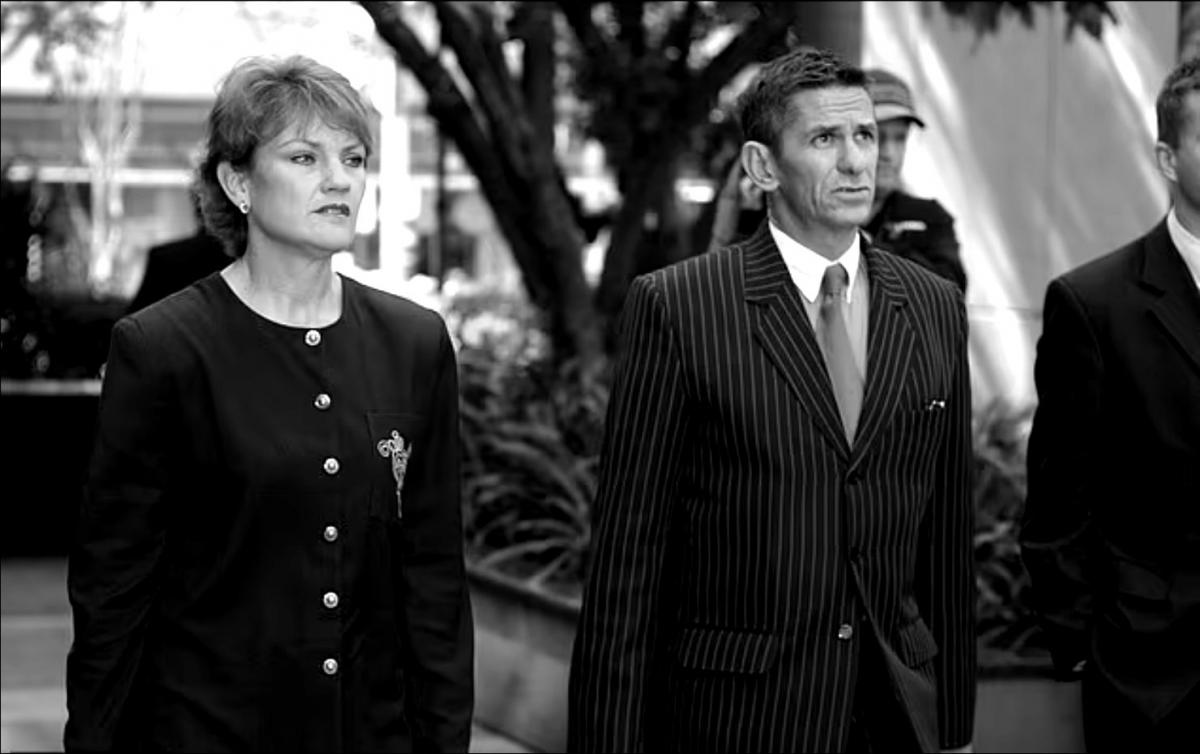
Tell us a bit about yourself.
I was born in Blackhall, Western Queensland, in the 1950s, the youngest of three boys. My father was born and bred in the South of France, escaped from Nazi-occupied France in 1944, and later fought with the Dutch Army against the Japanese in the Pacific. He first came to Australia with the Dutch Army to complete the Jungle Training Course at the Canungra Military Base, out back of the Coast. My mother was a Scot who served with the Women’s Royal Naval Service and, after the war, she came out to Queensland to visit her sister, who had married an Australian airman. My parents met and married in Toowoomba, and then went west, where all the money and opportunity was in those days. Hence why I was born in Blackall. We were what was then known as “New Australians,” which perhaps tended to isolate us somewhat, but turned us into a very close-knit family unit. I spent my high school years at Downlands College in Toowoomba and Villanova College in Brisbane. I studied law at the University of Queensland, and was admitted as a solicitor in 1977. I married my wife Julie in 1980, and at the end of 1981, she and I headed off on a 14-month trip through Bali, Sri Lanka, the UK, Ireland, France, Spain, Portugal and Morocco. I packed two surfboards with me, and we were never far away from the waves. It was a great experience. When we returned to Australia in 1983, I established my own legal practice on the Gold Coast, which by 2000 had become the largest law firm on the Gold Coast. In 2001, I left that firm to set up my own boutique litigation firm, which I still run today, in conjunction with my two sons, Brendan and Jonathan. My two daughters, Carly (a human rights lawyer) and Annabelle (a journalist and digital marketing guru), are both now or less permanently resident overseas, in London and New York respectively.
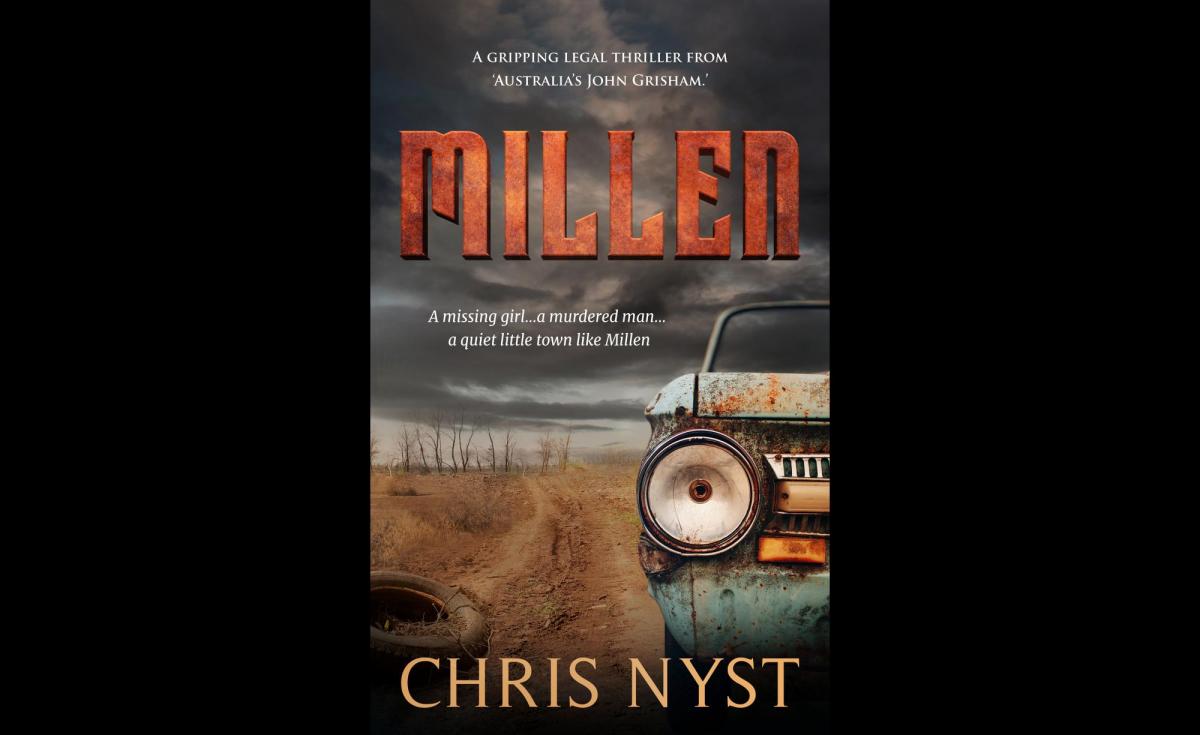
What initially drew you towards pursuing a career in Criminal Law?
I grew up during the Golden Years of Hollywood, and by the time I was about 10 years old, all I wanted to do was be a movie star like Gary Cooper or Clark Gable. But my father, who was a very wise man, convinced me that there was no money in the arts. You couldn’t make any money being an actor, but the nearest thing to an actor was a lawyer. In those days, the biggest show on TV was Perry Mason, starring Raymond Burr as a fast-talking American attorney. So I figured my father must be right. Lawyers were just like actors. The rest, as they say, is history.
Have you always had a passion for writing?
Yes, I think my passion for writing was sparked when I was quite young. Both my mother’s parents were of Irish stock, and they loved the great works of literature. My mother often recited the poetry Tennyson and Burns to me and my brothers, so I guess I inherited it from her a deep love of the written word. I always enjoyed writing, and was often commended for my essays at school. When I was about 13 years old, I wrote and directed a short play which was performed at my high school.
Do you draw inspiration from real life cases you have ran to assist writing your novels?
Yes, of course. I think all good fiction is based on fact. So, virtually all of my writing has been based on things I have done, or seen, or heard about, or read about, during my life. And fortunately for me – as a writer – a big part of my life has been involved in sharing the stories of others who have found themselves embroiled in often extraordinary circumstances. Many of the cases I have written about were inspired by at least facets of real-life cases, not necessarily ones I have been involved in first-hand but certainly ones that I have encountered through my work. I think it’s certainly the case that most good writers draw their inspiration – even for works of pure fantasy or weird science-fiction – from ideas and experiences they encounter in real life.
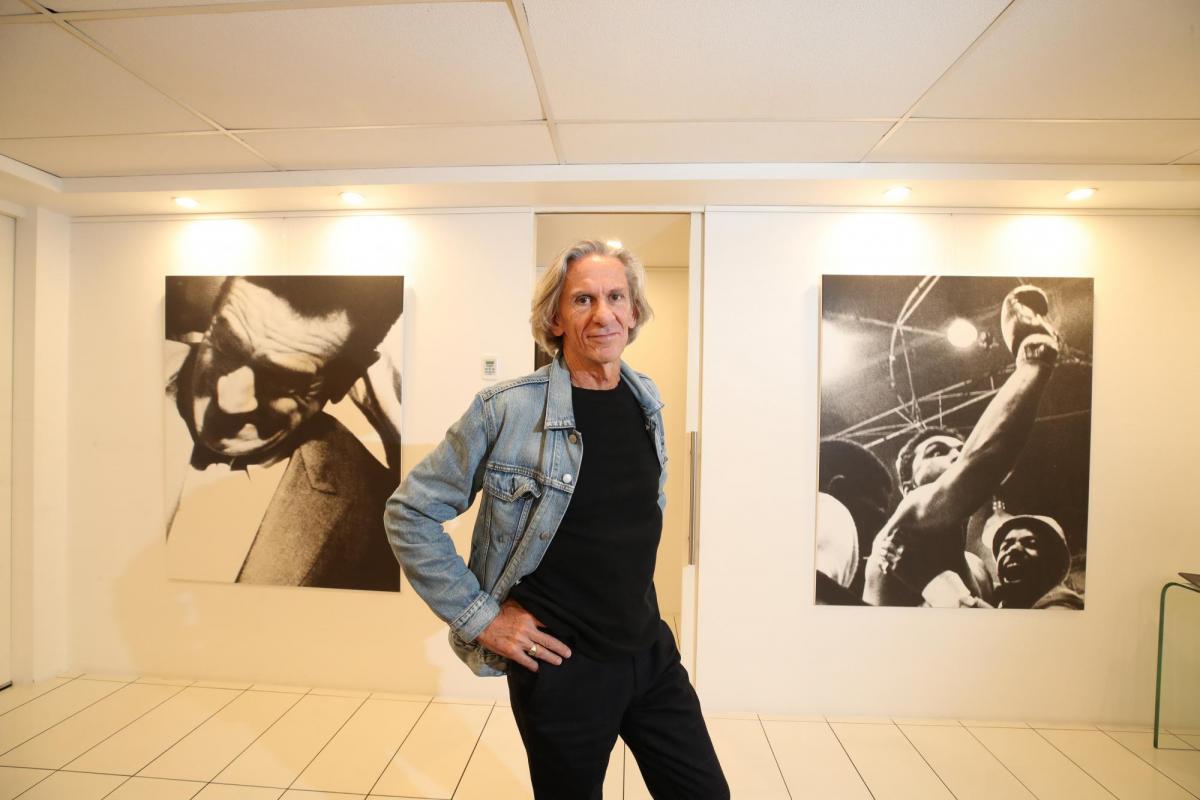
What’s your favourite book you have written?
That’s a really hard question to answer because, for various reasons, each of my books has a particular significance and attraction for me. My first book – Cop This – is all about some of the crazy things that happened in pre-Fitzgerald Inquiry Queensland, when many cops were simply running riot. I wrote that almost as therapy, to tell the story of what it was like practising law in those times. It’s a work of complete fiction, but it borrows from all of the bits and pieces that were a part of life for me as a young lawyer practising in the criminal courts for the first decade and more of my career. So, when people say everyone has one story to tell, that’s probably my story, even though it’s a fictional one. It’s the story that I probably relate to most. I think my subsequent books were probably better written, but Cop This is still important to me. Funnily enough, some years ago a senior judge – who had previously been a high-ranking criminal barrister – was kind enough to tell me that she had all my books on the shelves in her chambers. The one she said she liked most was Cop This, because it told the story of those early years. Gone was the first book I wrote as a professional writer, bound by contract to spew out a work of fiction. And personally, I think it is probably the tightest of any of the novels I have written. I really love that book. It was very well received and was shortlisted for the New South Wales Premier’s Literary Award, so it really set me on my way as a recognised writer. But my third book, Crook as Rookwood, was the most successful. It was a very Sydney-centric story and delved deep into the world of party politics, so, for a dyed-in-the-wool Queensland boy with not a political bone in his body, it required a bit of hard work and research. But it came out very well, so much so that it won the 2006 Ned Kelly Crime Fiction Award, which is nationally recognised as Australia’s leading gong for crime fiction. Naturally, that was very gratifying and professionally rewarding.
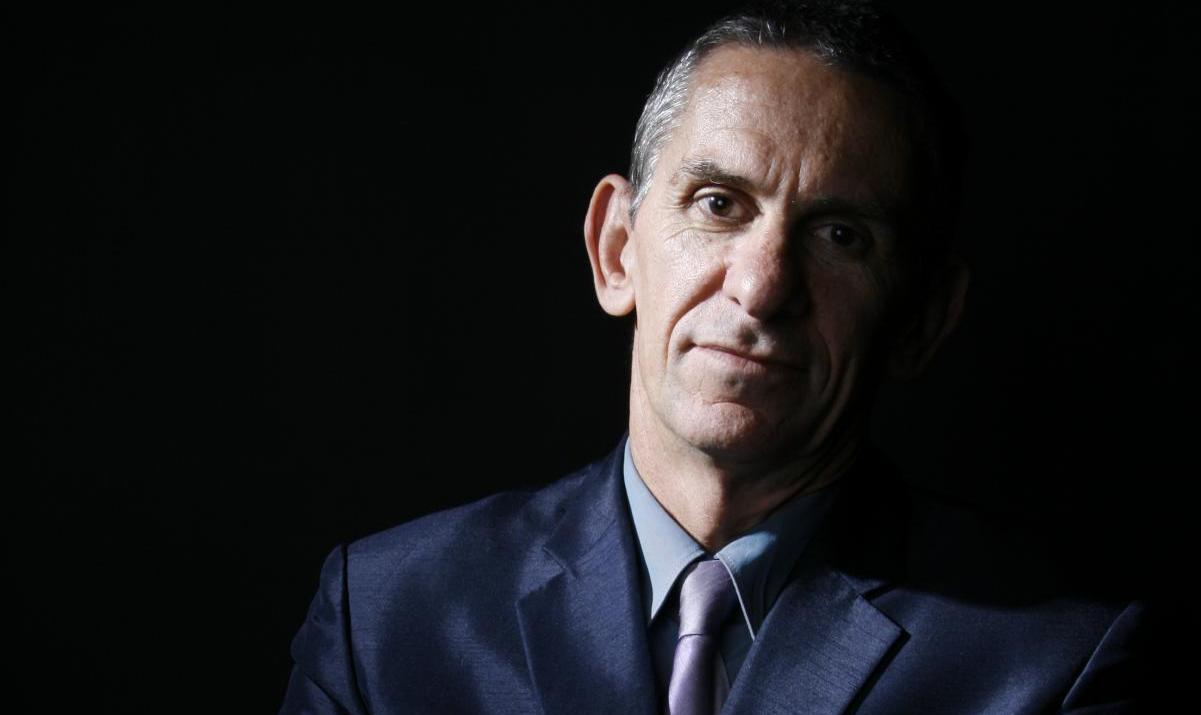
You have just recently released your new novel, Millen. Give us an insight into what we can expect from the book?
Millen was inspired by a murder case I did in western Queensland many years ago. It is still one of the most factually intriguing cases I have been involved in, and the story I have written around it involves a police officer who is going through a period of personal crisis in his life. He is getting older, his marriage is falling apart, and he is facing allegations of corruption. Against that backdrop, he is sent to an outback town to assist the local constable to prepare a murder case. His long drive out to the far-flung town of Millengarra becomes something of a journey into the recesses of his own mind, and by the time he gets to Millen his emotions are at breaking point. But in Millen, the case becomes something of an obsession to him, and he convinces himself that he needs to solve the mystery to achieve his own personal redemption. So it’s kind of a Heart of Darkness tale and a whodunnit, all wrapped into one! (laughs)
In your career, you have also written, co-produced, and directed films. Is there one role you prefer over the other?
In one way, I found screenwriting much easier than writing a novel, but in other ways it is more complex. It requires a lot less writing, but for that very reason you need to be able to condense and distill ideas, characters and concepts much more efficiently. It’s like the French philosopher Pascal once said – “if I had more time, I would have written something shorter.“ I love the complete autonomy of writing a novel. You decide what goes on the page, no one else. Sure, editors and publishers may want to put in their two cents worth at some stage, but that is a relatively minor intrusion. By contrast, filmmaking is a highly collaborative process. So many elements go into making film, and even at the script stage, there are a lot of people who want to have their say, including directors, producers, financiers, distributors, and even actors. But I actually enjoy that collaboration. It’s just a very different process. So, I guess the simple answer is no, I don’t necessarily prefer any role over the other. They are just different experiences, all of which can be very enjoyable if you approach them in the right way.
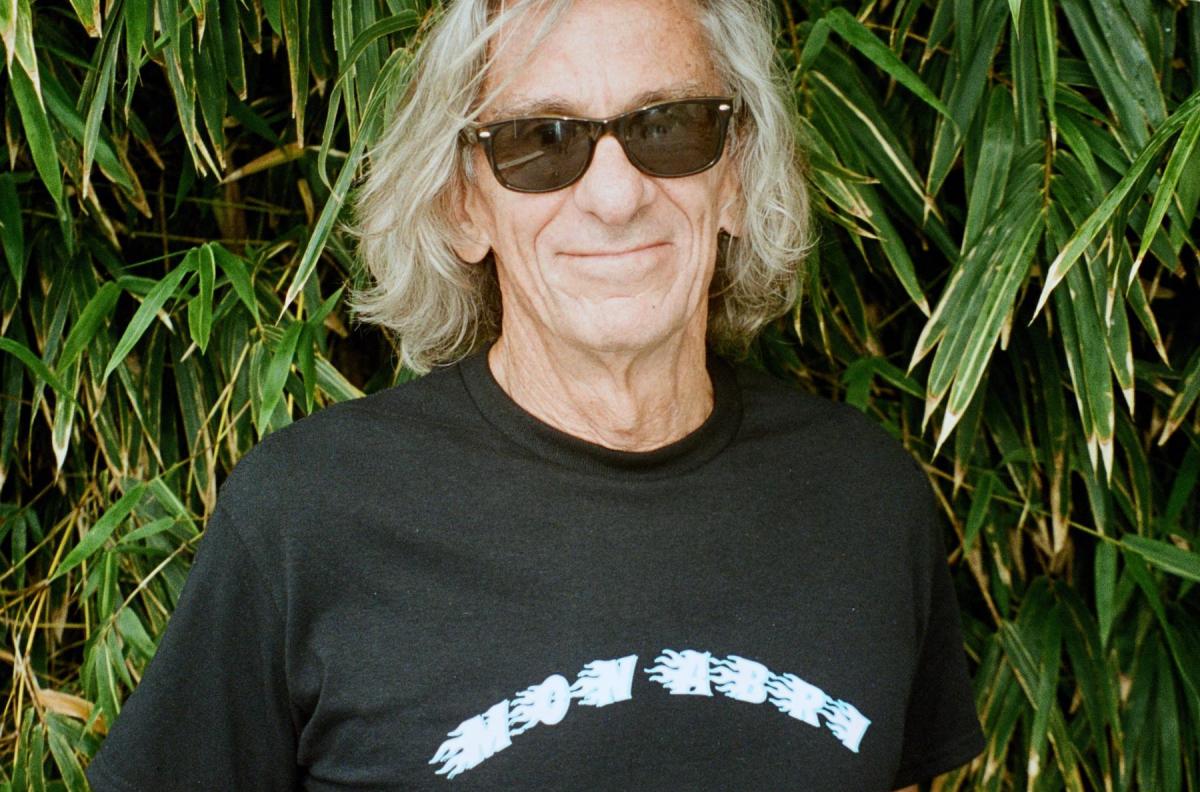
What do you consider your greatest professional achievement?
That’s a hard one. Of course, the awards and accolades for books and films and such have been great. But I think the achievements which feel most important to me have been successes, of one kind or another, in my legal career. In the case that inspired Millen, after the jury returned a ‘not guilty‘ verdict, I turned to my client in the dock – a young man who had spent more than two years in custody awaiting trial – and said “Step out. You’re a free man.” For my money, as achievements go, that’s pretty hard to beat.
What book are you enjoying at the moment?
I have just finished reading Little Big Man by Thomas Berger. It is a story of the Old West, written in the early 1960s, and I first read it as a young university student. I loved it then, but I wondered how it would hold up. I was pleasantly surprised. I enjoyed it immensely, not only because I’m a bit of a sucker for a good Western, but primarily because it is so colourfully written in the voice of an old-time frontiersman. I have always loved cleverly written dialogue, ever since I read Treasure Island as a boy – which is probably why I enjoy screenwriting so much – and Little Big Man is all dialogue. It is one, long, perfectly-scripted stream of consciousness by a centenarian recounting his rollicking days in the wild, wild west. Lots of fun.
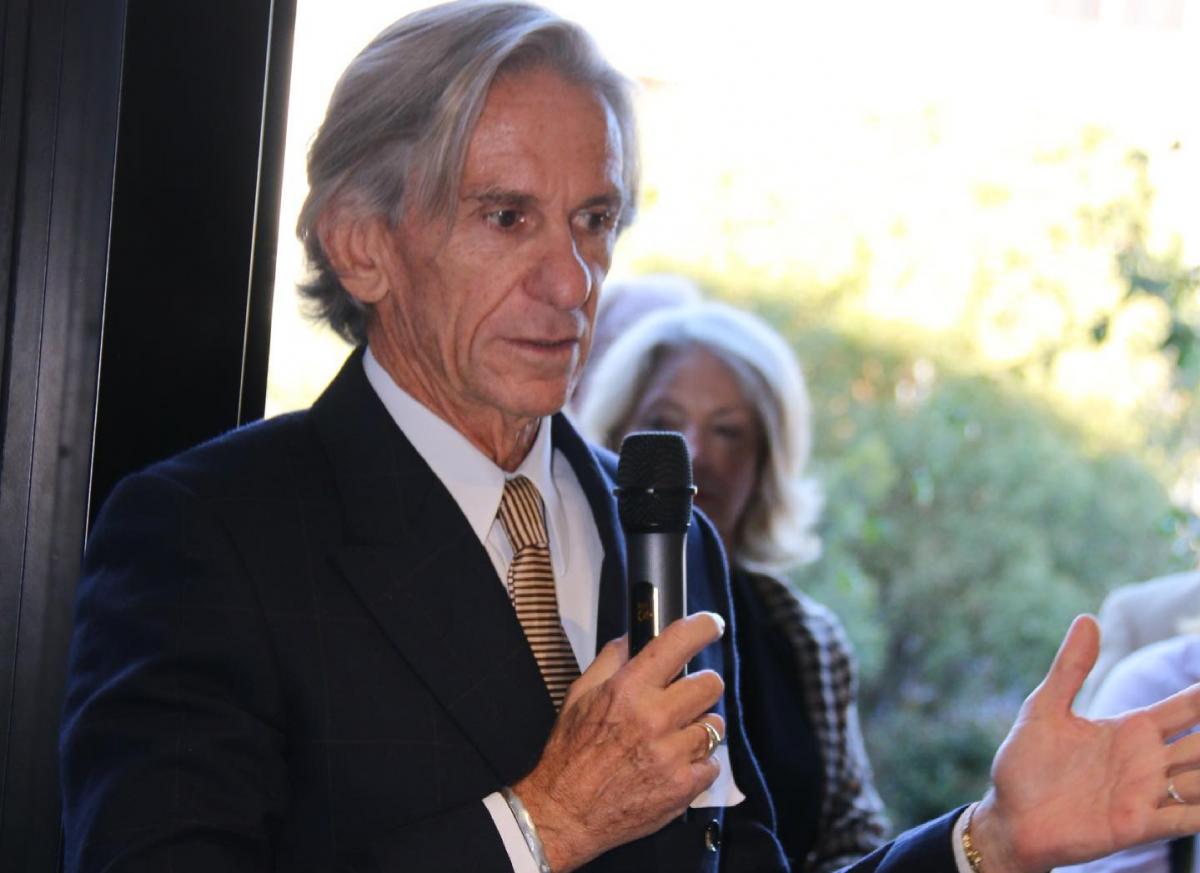
Tell us the best piece of advice someone has ever given you and why you consider it the best?
“If you think you can, or you think you can’t, you’re probably right.” That piece of advice is attributed to the great American industrialist, Henry Ford. I think he had business in mind when he gave it, but it seems to me it applies to every facet of life. We are all capable of great things, large and small. All we need is imagination, application and determination to pull it off.
What are your Gold Coast favourites…
Café/coffee spot: Bumbles at Budds Beach
Restaurant: Piatto at Mermaid Beach
Bar or place for a drink: My verandah on a Saturday arvo.
Beach: Mermaid Beach
How do you choose to spend your days off?
Surfing, writing, beach walking with my wife, babysitting my grandson, and watching the footie on TV.